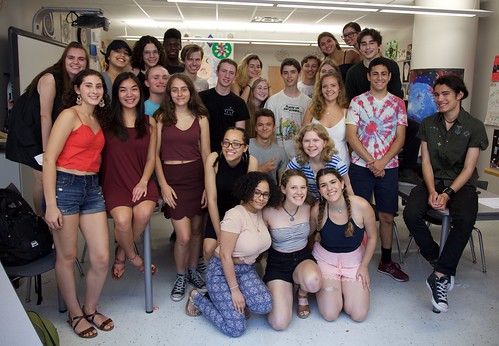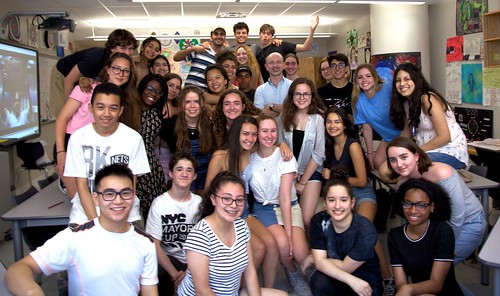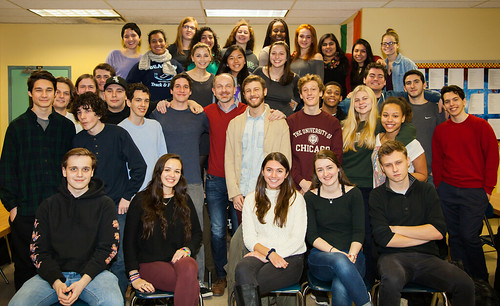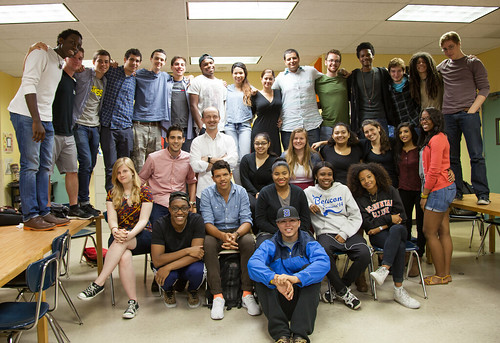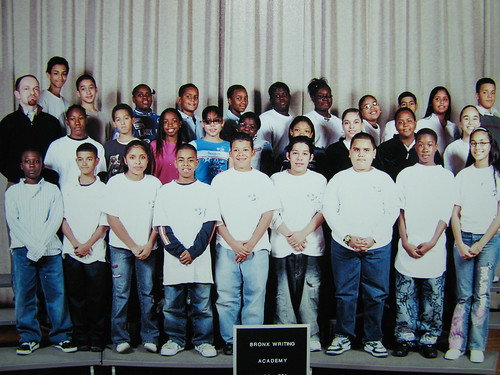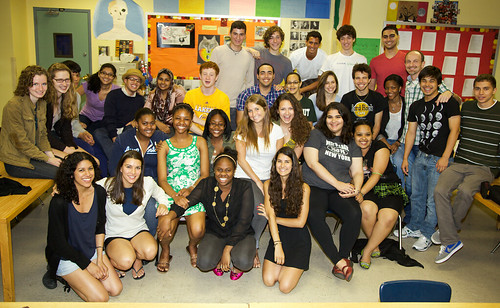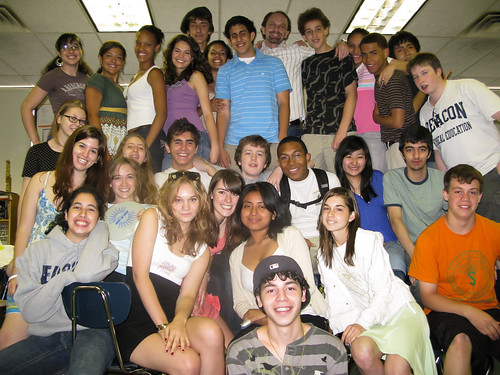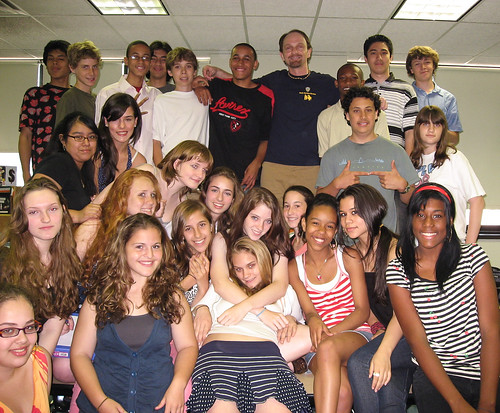1. Existentialism is a Humanism–Jean Paul Sartre is often the first name to come to mind when one considers Existentialism. His brand of atheistic existentialism so dominates the existential landscape that one forgets that the “first existentialist” Kierkegaard was indeed a theist. Nevertheless, Sartre’s essay most clearly defines the existential mindset. It becomes a fundamental piece of this course’s foundation. Additionally, his essay establishes some of the tenets of existentialism that are universally applicable. Read and ANNOTATE! Be sure you are able to discuss the four reproaches of existentialism and his defense against those reproaches.
2. On Monday we will discuss The Rational Ordering of Society from The Encounter with Nothingness. Ensure that you are ready for that discussion.
3. Class Forum–Remember you must post by midnight Tuesday (in preparation for Wednesday’s class)! AND REMEMBER TO BRING A PRINTED COPY OF YOUR RESPONSE IN TO CLASS. The responses should be added to the reading response section of your binder. Be sure to include the heading and title each printed response.
4. Man’s Search for Meaning–We will begin reading over the break so try and order it (pick it up) this coming week.


